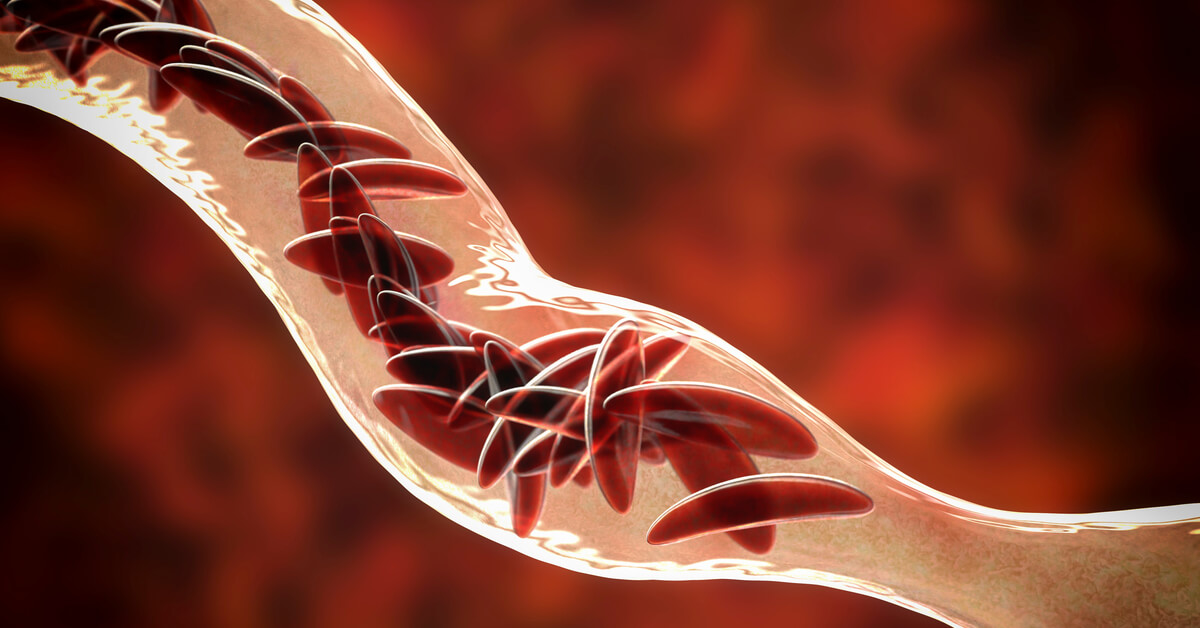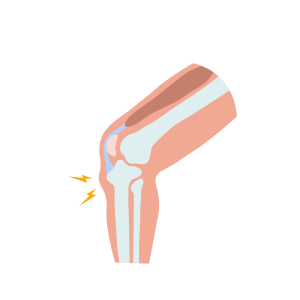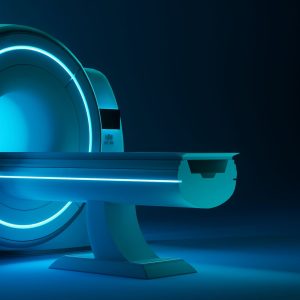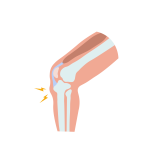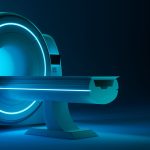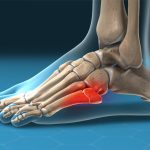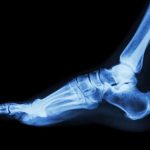Anemia is a condition where the blood lacks a sufficient amount of healthy red blood cells to carry an adequate supply of oxygen to the body tissues. Iron deficiency, also known as anemia, can lead to fatigue and weakness. There are several types of anemia, each with its own cause.
Anemia can be temporary or long-term, ranging from mild to severe. Often, anemia occurs for more than one reason, and if you suspect you have anemia, it’s essential to consult your doctor, as it may be a sign of a serious underlying condition. Symptoms vary, indicating anemia and its severity depending on its cause: You may not see any symptoms depending on the cause of your anemia. The signs and symptoms include: Fatigue, weakness, Jaundice (yellowing of the skin), irregular heartbeats, shortness of breath, dizziness or lightheadedness, chest pain cold hands and feet, and headache.
Causes of anemia may be traced back to a condition present at birth (congenital) or as a result of an acquired condition. Anemia occurs when the blood lacks a sufficient amount of red blood cells. This may occur in the following cases:
When the body fails to produce a sufficient amount of red blood cells.
Bleeding leads to a faster loss of red blood cells than can be replaced.
When the body destroys red blood cells, complications can arise, causing various health problems if left untreated. These complications include:
1. Severe fatigue Acute anemia can result in extreme fatigue to the extent that you may struggle to perform daily tasks.
2. Heart problems Anemia may force the heart to pump more blood to compensate for oxygen deficiency, potentially leading to heart enlargement or heart failure.
3. Death Some inherited types of anemia, such as sickle cell anemia, can lead to life-threatening complications. Prevention:
– It is recommended to consume iron-rich foods such as red meat and poultry, dark leafy vegetables like spinach and turnips, dried fruits like raisins and apricots, seafood, legumes like beans and peas, seeds and nuts, and iron-fortified foods.
– To enhance iron absorption, experts advise combining meat with vegetables rich in vitamin C, such as bell peppers and parsley, or with a cup of orange or lemon juice.
– It is advised not to drink tea or coffee after consuming iron-rich meals for at least half an hour.
– When taking iron supplements, it is recommended, after consulting with a doctor, to avoid taking them with antacids or milk as they may reduce absorption. It is also recommended, when taking iron supplements, to limit the intake of fiber-rich foods or foods containing caffeine, as they can also interfere with absorption.
Dr. Akram Abd Al-Hassan
